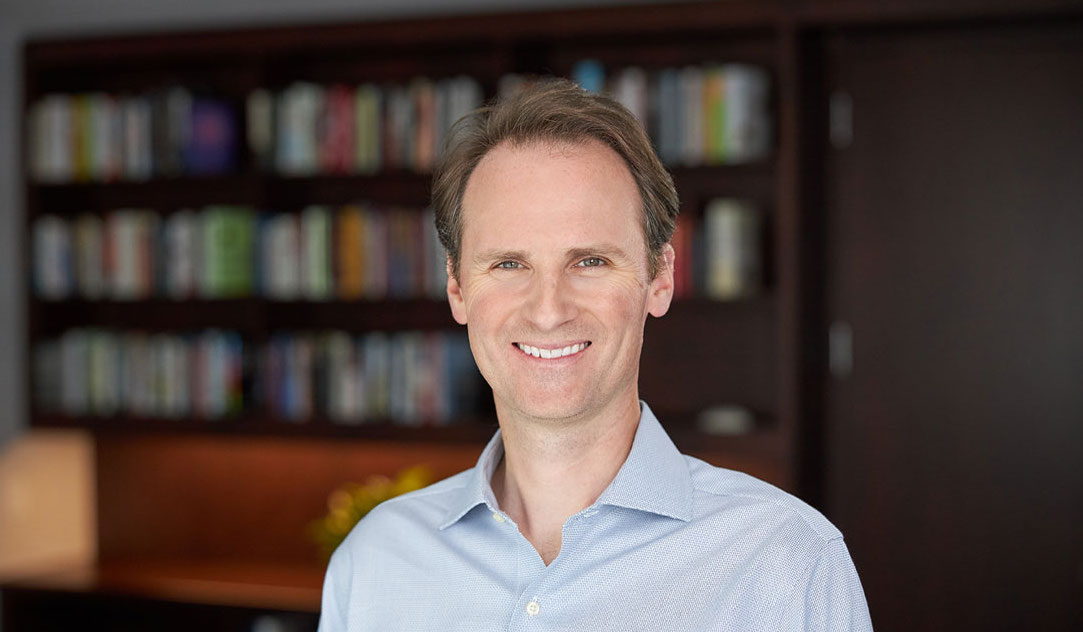
- Details
- By Tribal Business News Staff
The John D. and Catherine T. MacArthur Foundation, one of the largest philanthropic organizations in the United States with an endowment of more than $8 billion, said today that it launched a Native self-determination program, committing to increase funding and deepen partnerships with Indigenous communities.
The Chicago-based foundation — best known for its “genius” grants and support of global human rights and climate initiatives — developed the new program after more than two years of consultation with Native leaders. It builds on more than $109 million in grants awarded to Indigenous organizations over the past decade.
“Indigenous Peoples and their rights, land, and culture are part of the fabric of communities across our country and our world,” John Palfrey, MacArthur Foundation president, said in a statement. “And yet their perspectives and the issues that impact their daily lives are often overlooked.”
In a companion essay published Thursday, Palfrey described the initiative as the result of a two-year process of “listening, learning, and unlearning” led by Native voices. “True and lasting impact requires more than financial support—it demands trust, humility, and meaningful engagement with Indigenous communities,” he wrote.
The foundation's consultations included more than 100 conversations with Indigenous knowledge holders, entrepreneurs, artists, and scientists, as well as a commissioned study that underscored how little philanthropic funding—just five cents of every $100—goes to Native communities.
MacArthur will work directly with Native leaders and experts to shape the program’s strategy, design, implementation, and operations. The foundation has also established a compensated advisory council to guide funding priorities. Members include: Carla Fredericks, member of the Mandan, Hidatsa and Arikara Nation and CEO of The Christensen Fund; Dr. Shelly C. Lowe, Navajo, former chair of the National Endowment for the Humanities; and Nichole June Maher, Alaska Native, president and CEO of the Inatai Foundation.
The foundation plans to expand the advisory council and hire a program director in the coming months.
In a news release, MacArthur outlet several key commitments, including:
- Engaging Native leaders in program design and operations.
- Incorporating Indigenous perspectives across all grantmaking programs.
- Strengthening staff and board understanding of Indigenous leadership and historical injustices.
- Increasing financial support through grants and impact investments that demonstrate trust in Native-led organizations.
- Collaborating with peer funders to share lessons and grow broader philanthropic commitment to Native communities.
MacArthur, which awarded more than $385 million in charitable grants and impact investments in fiscal 2023 alone, says it will announce further details, including hiring updates and strategic plans, later this year.
Disclosure: Native News Online has received grant funding from the MacArthur Foundation. The foundation had no involvement in the reporting or editing of this story.
Help us defend tribal sovereignty.
At Native News Online, our mission is rooted in telling the stories that strengthen sovereignty and uplift Indigenous voices — not just at year’s end, but every single day.
Because of your generosity last year, we were able to keep our reporters on the ground in tribal communities, at national gatherings and in the halls of Congress — covering the issues that matter most to Indian Country: sovereignty, culture, education, health and economic opportunity.
That support sustained us through a tough year in 2025. Now, as we look to the year ahead, we need your help right now to ensure warrior journalism remains strong — reporting that defends tribal sovereignty, amplifies Native truth, and holds power accountable.
 The stakes couldn't be higher. Your support keeps Native voices heard, Native stories told and Native sovereignty defended.
The stakes couldn't be higher. Your support keeps Native voices heard, Native stories told and Native sovereignty defended.
Stand with Warrior Journalism today.
Levi Rickert (Potawatomi), Editor & Publisher
